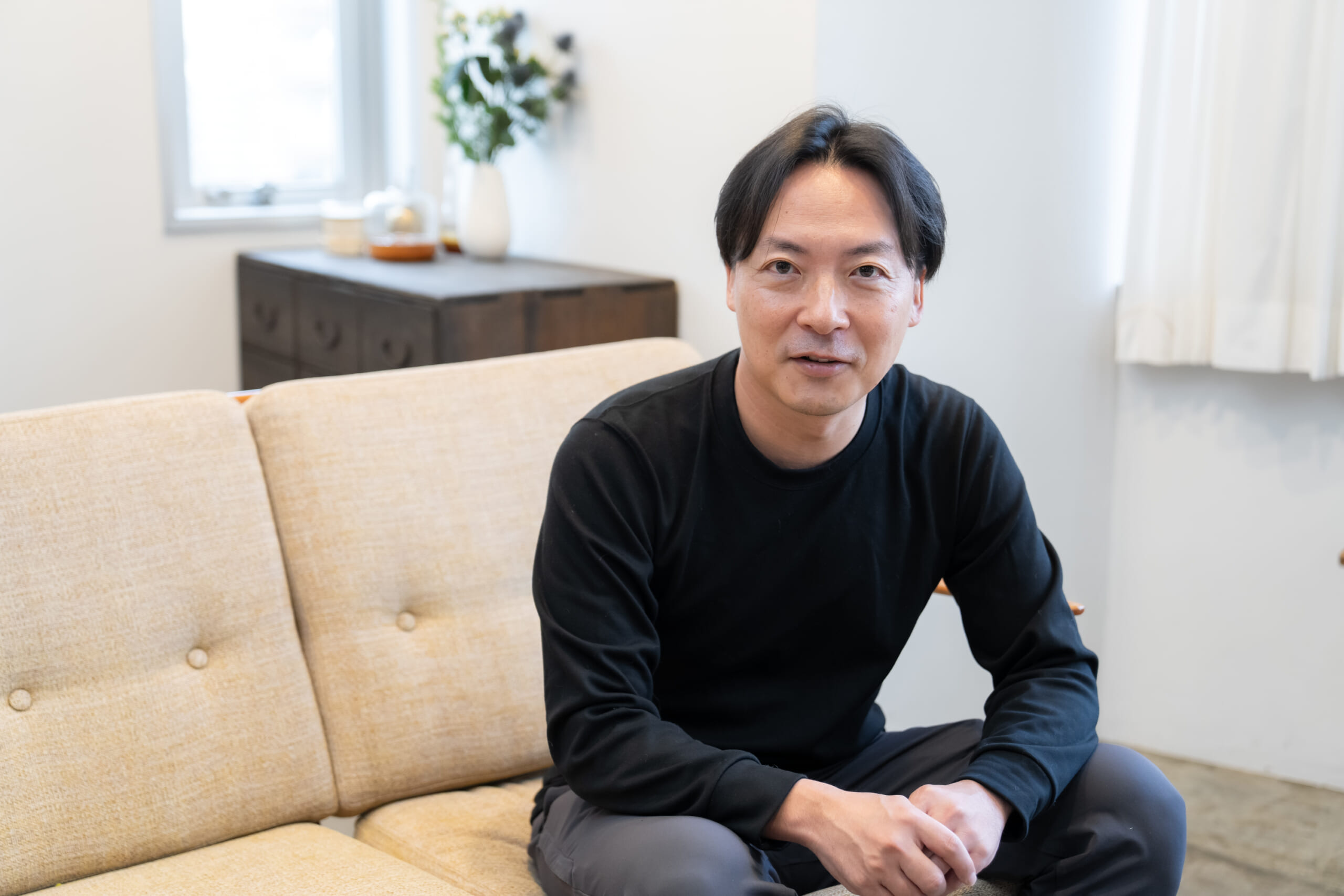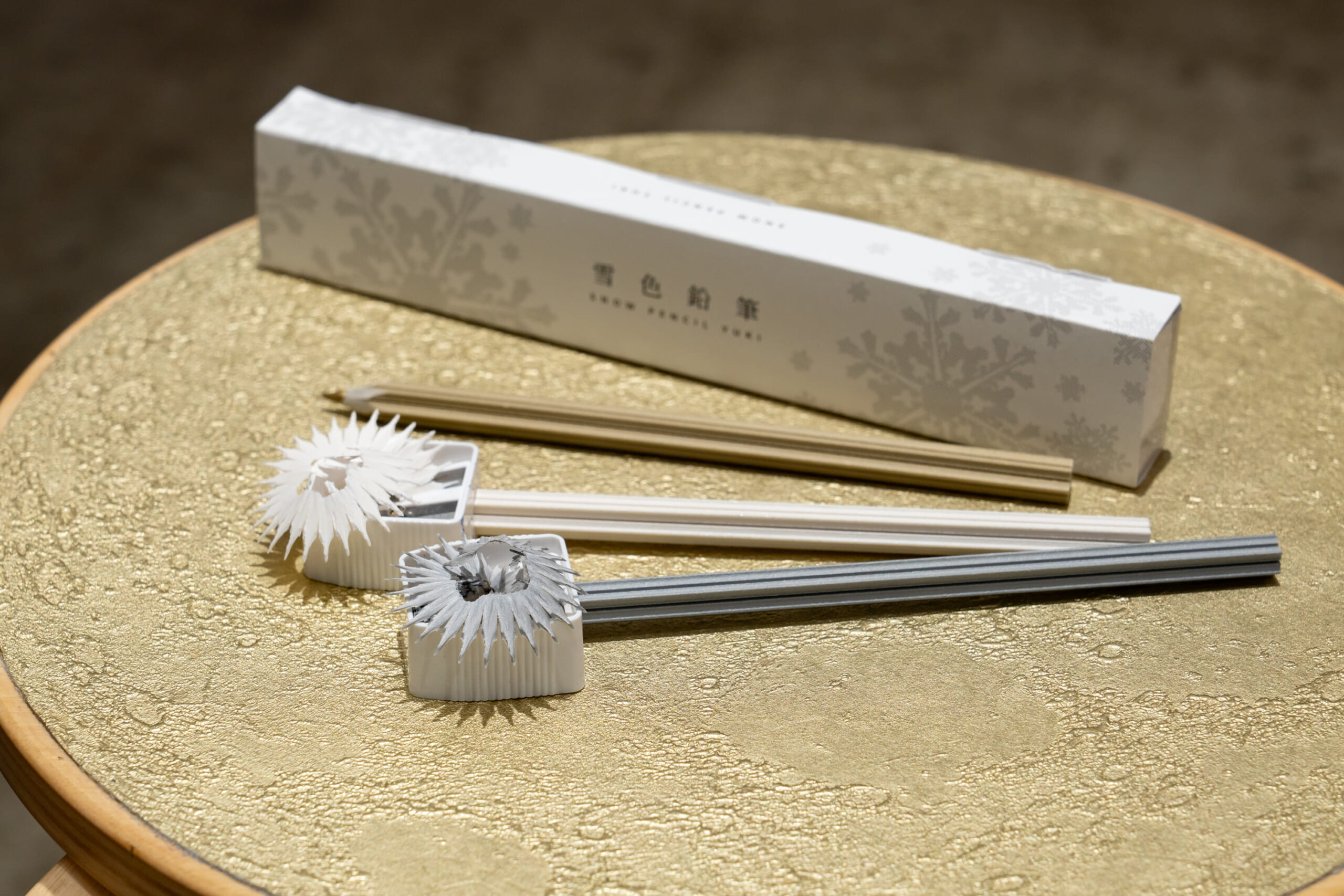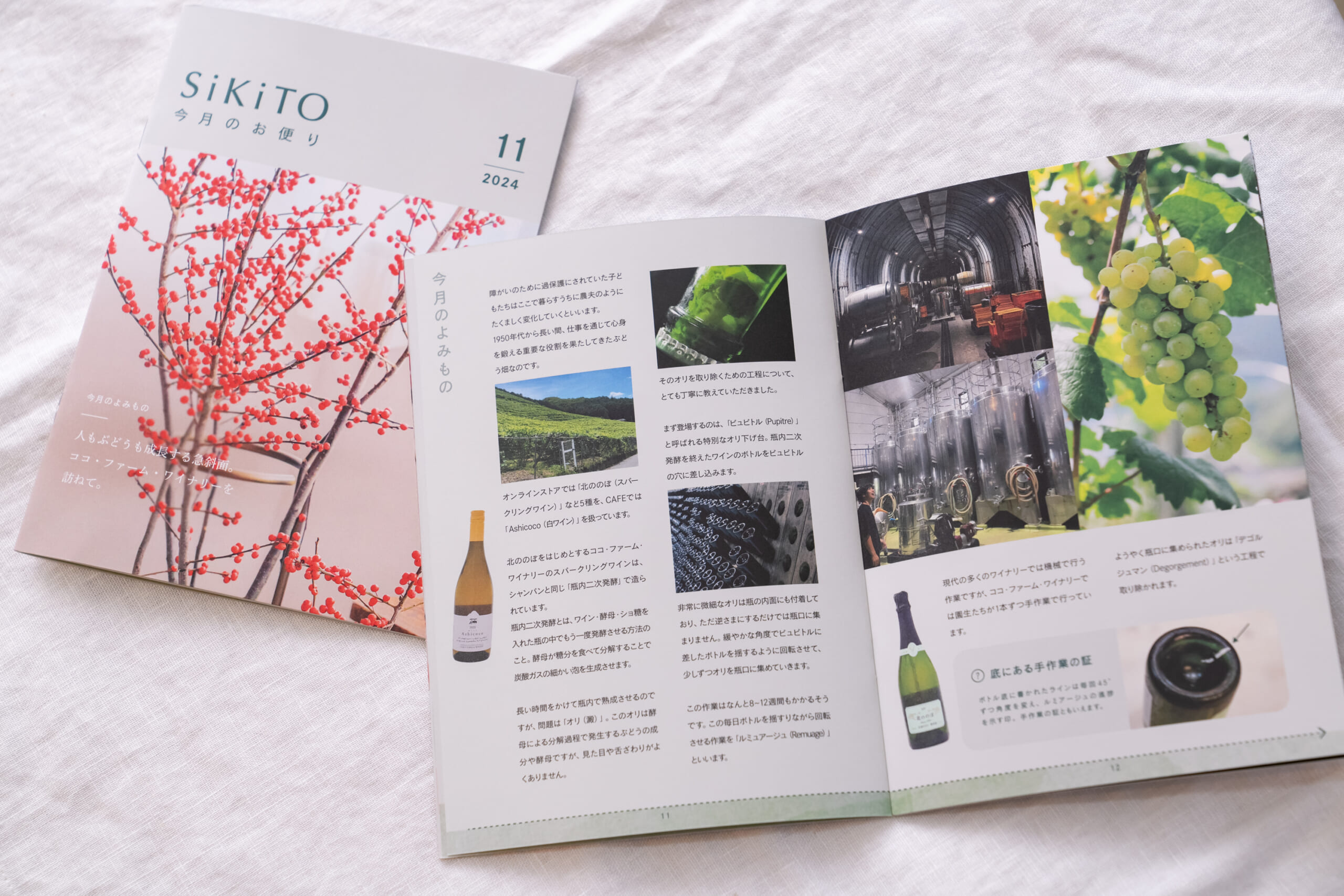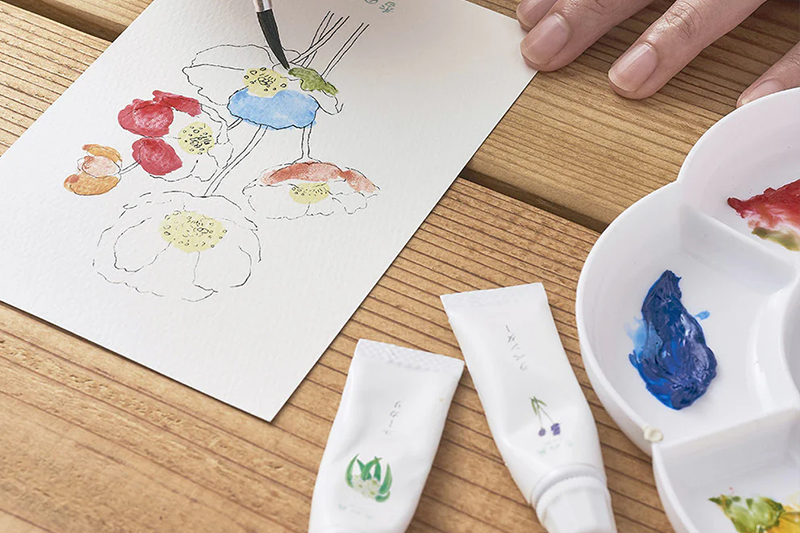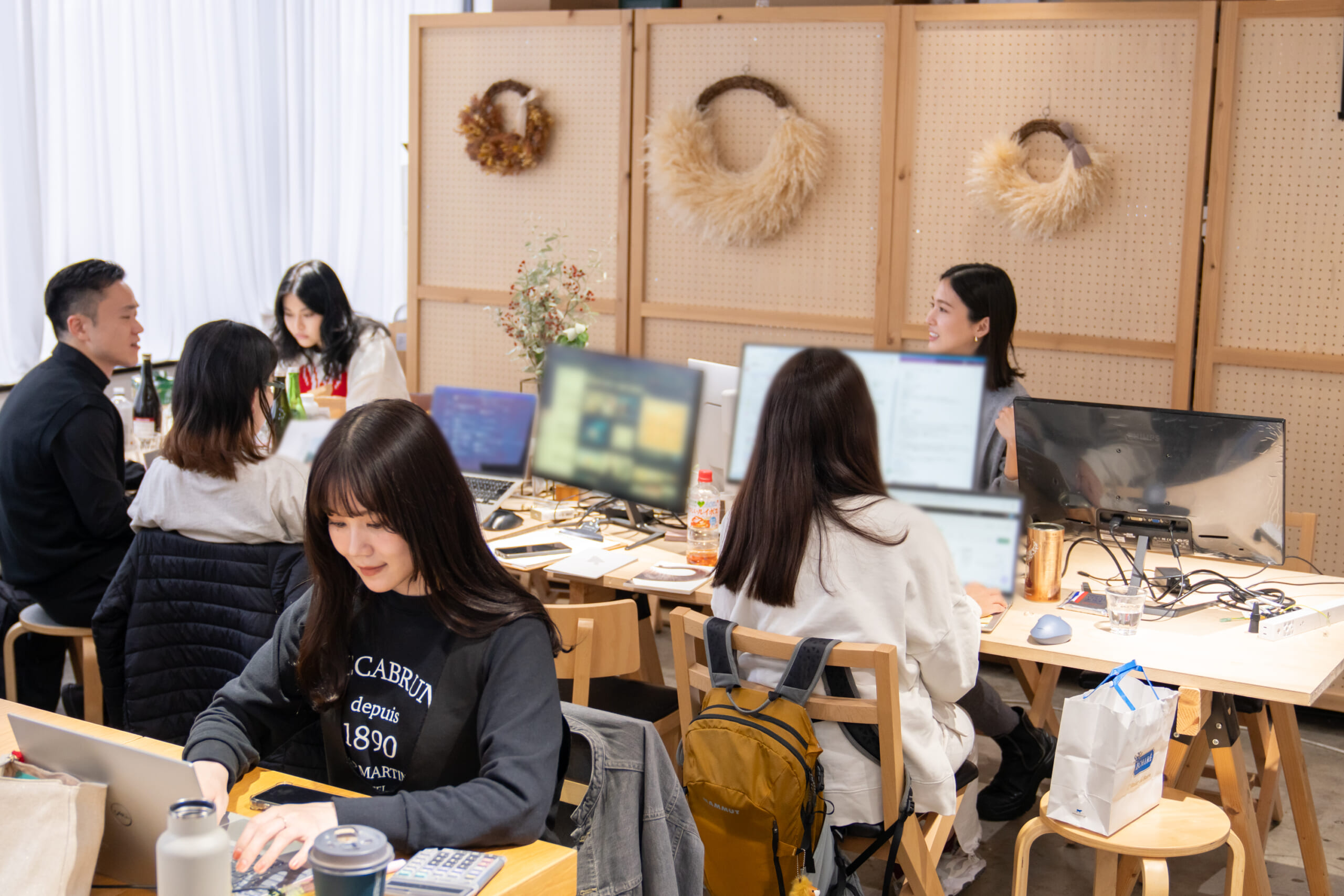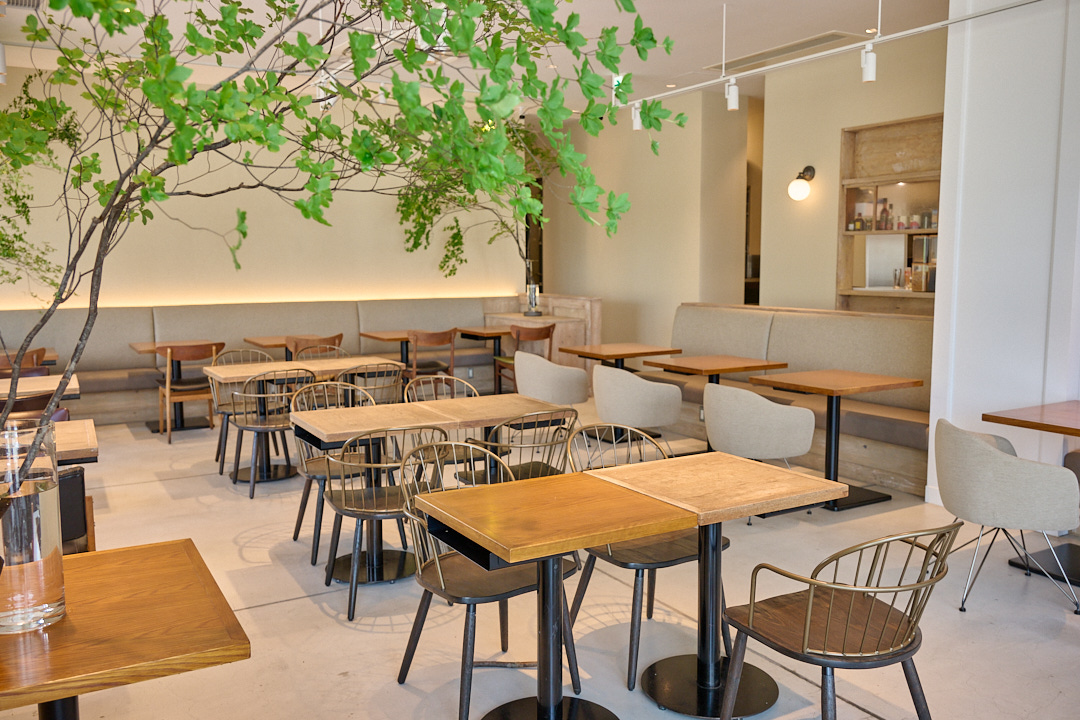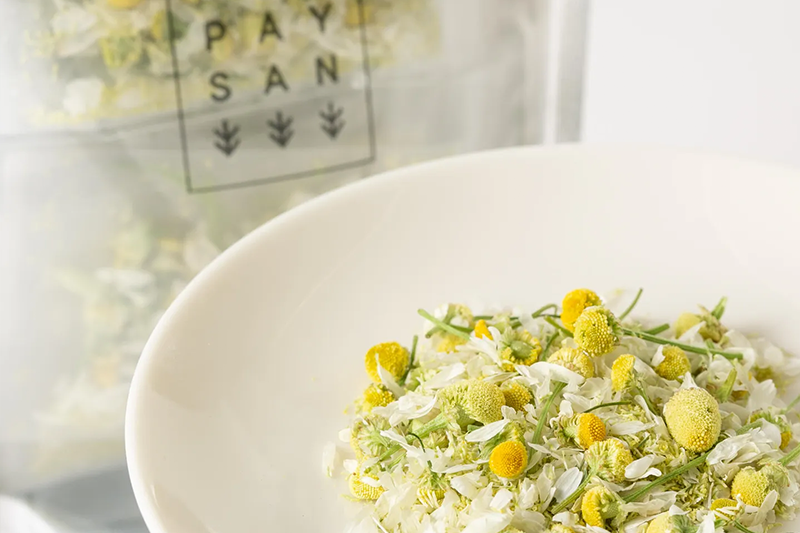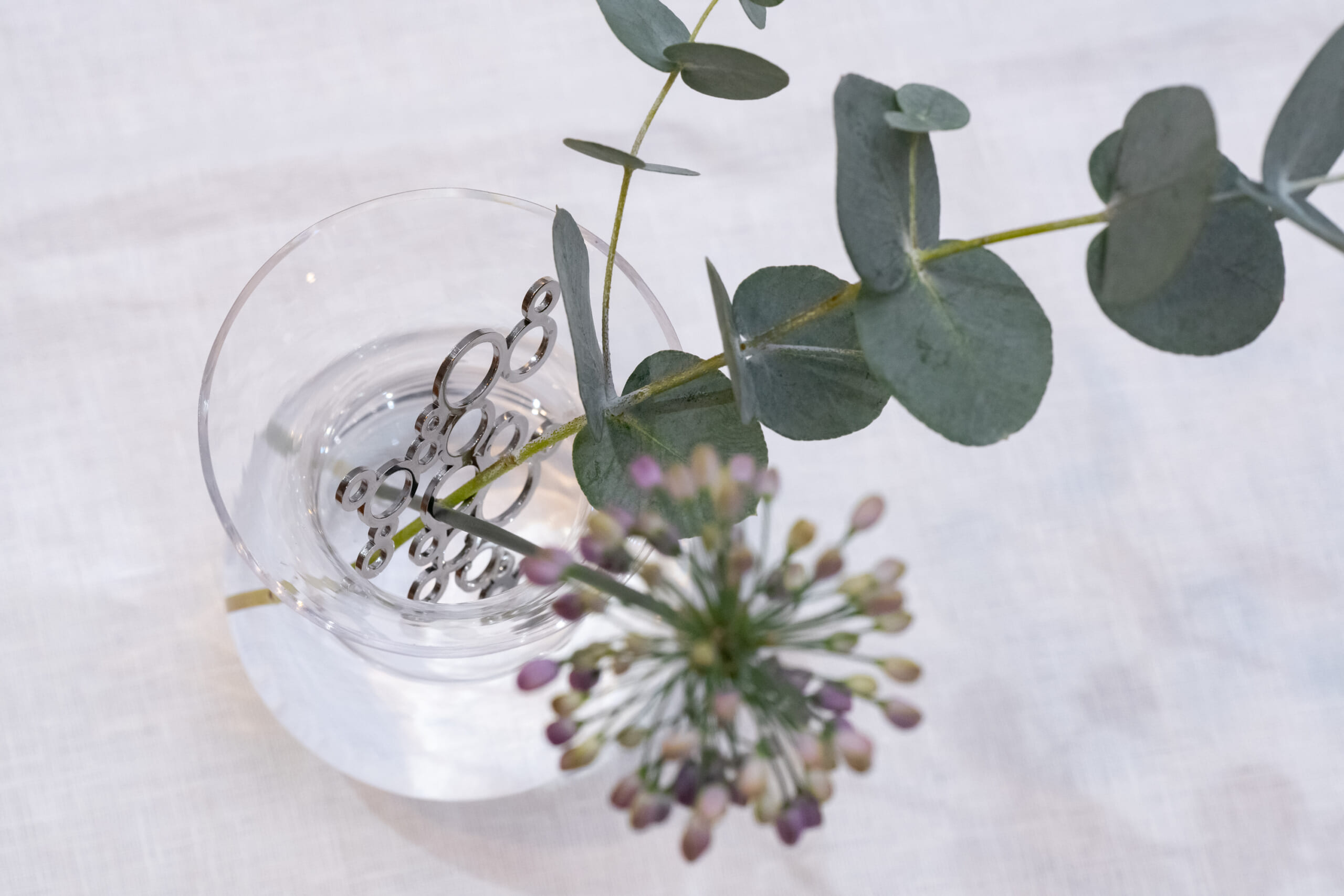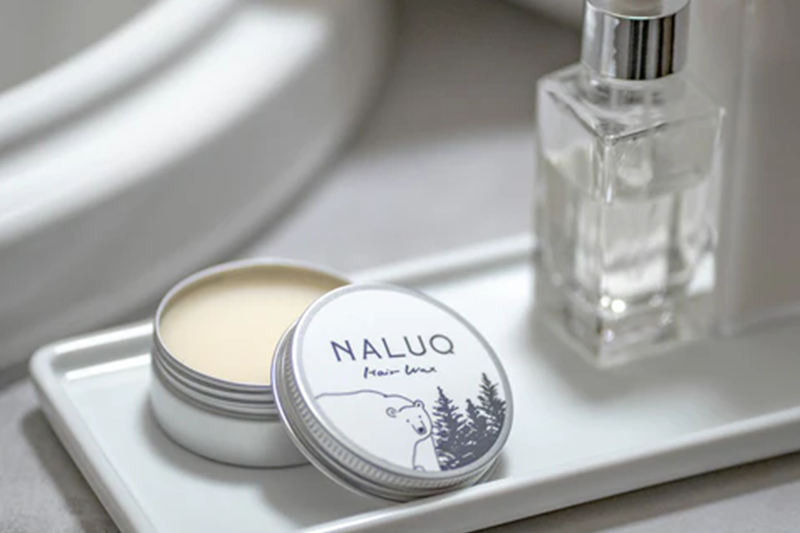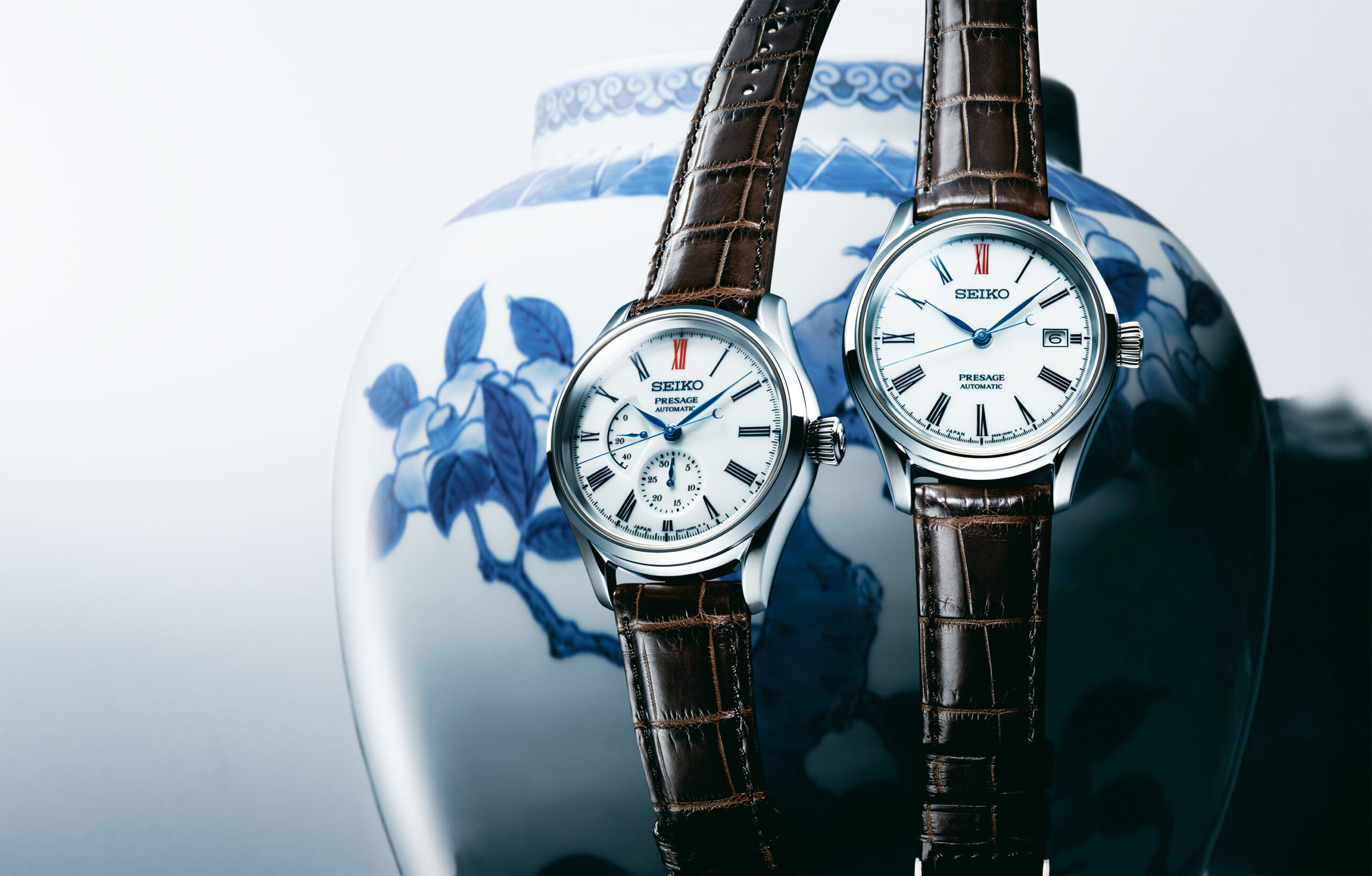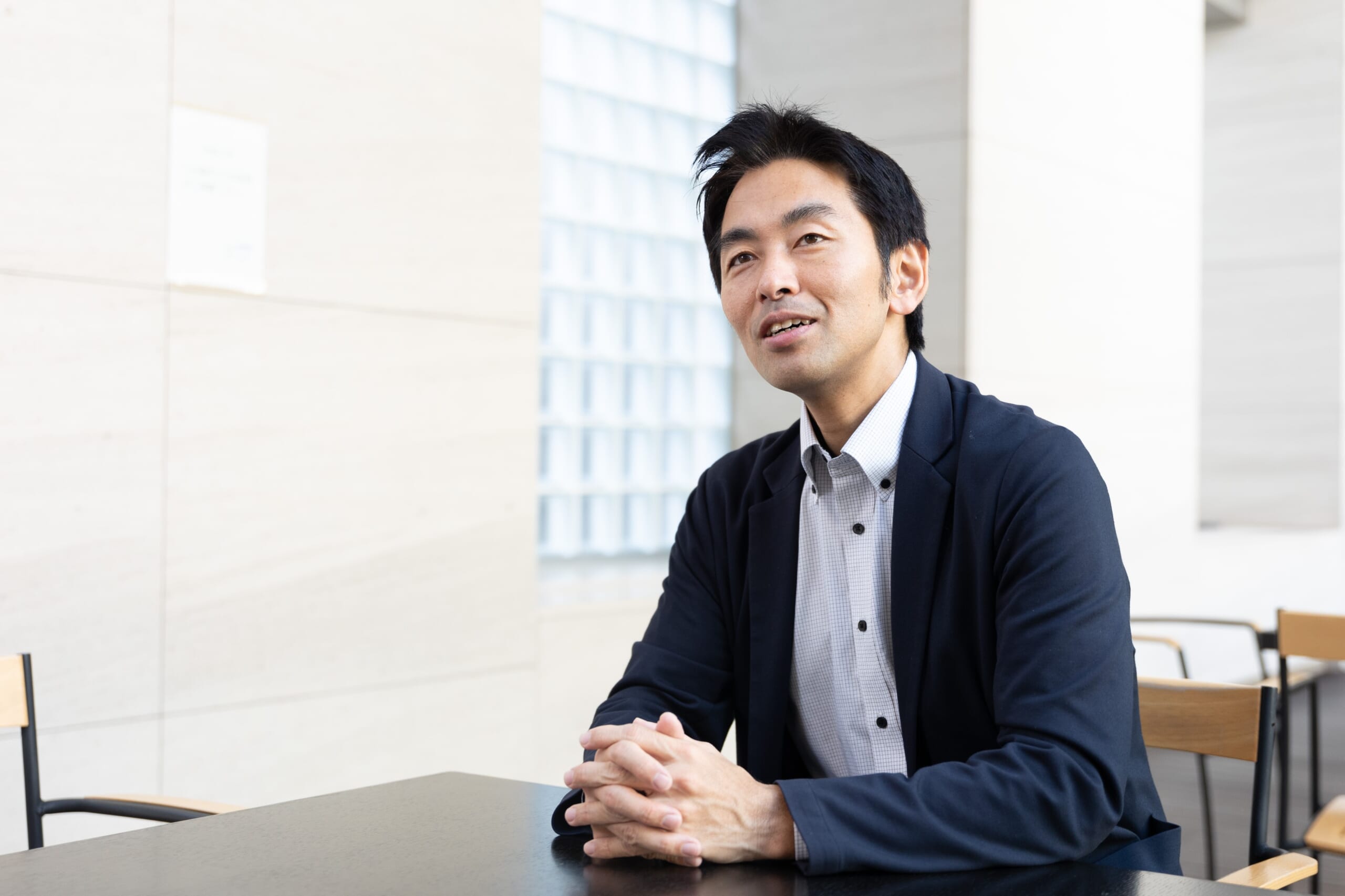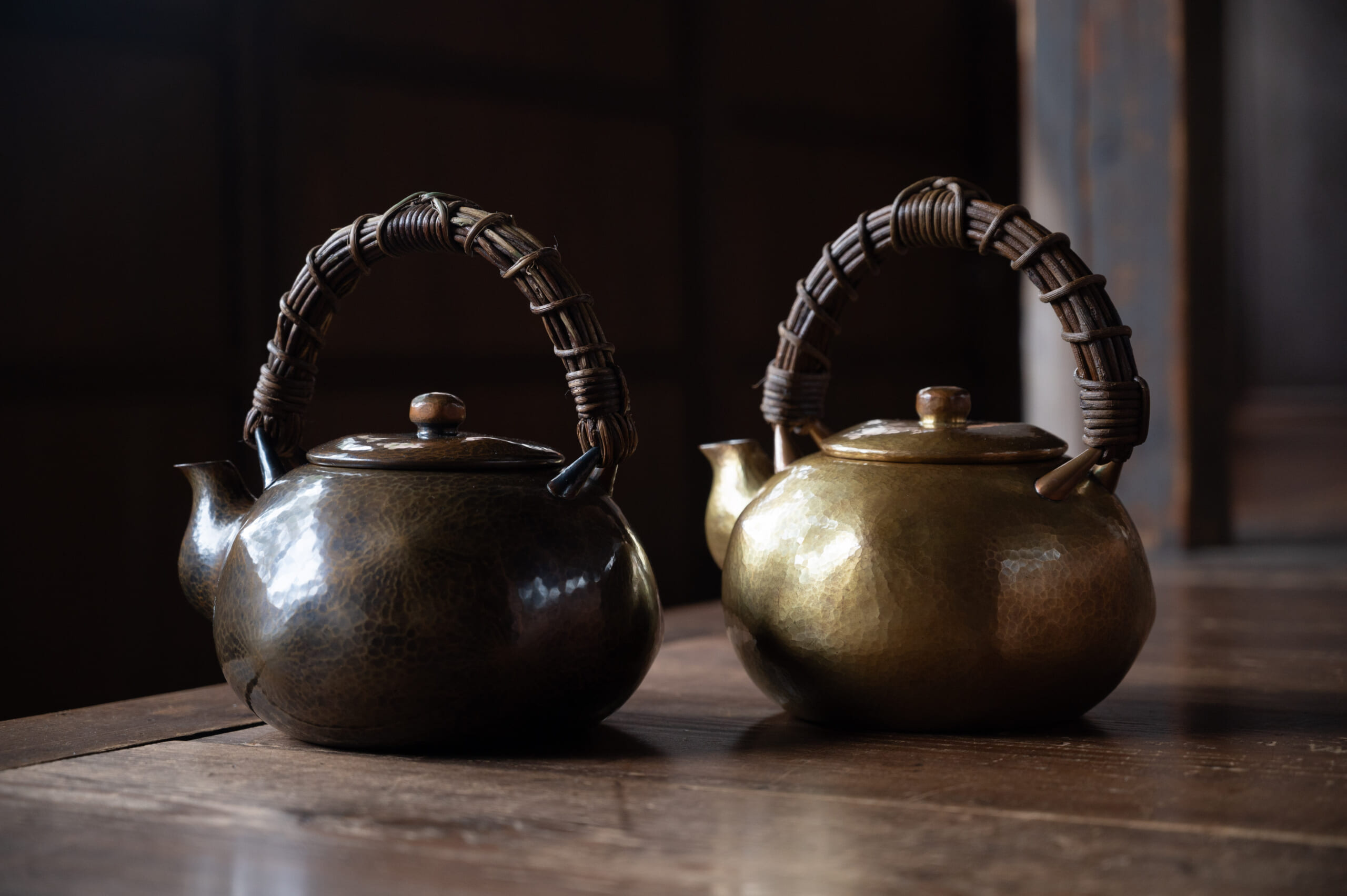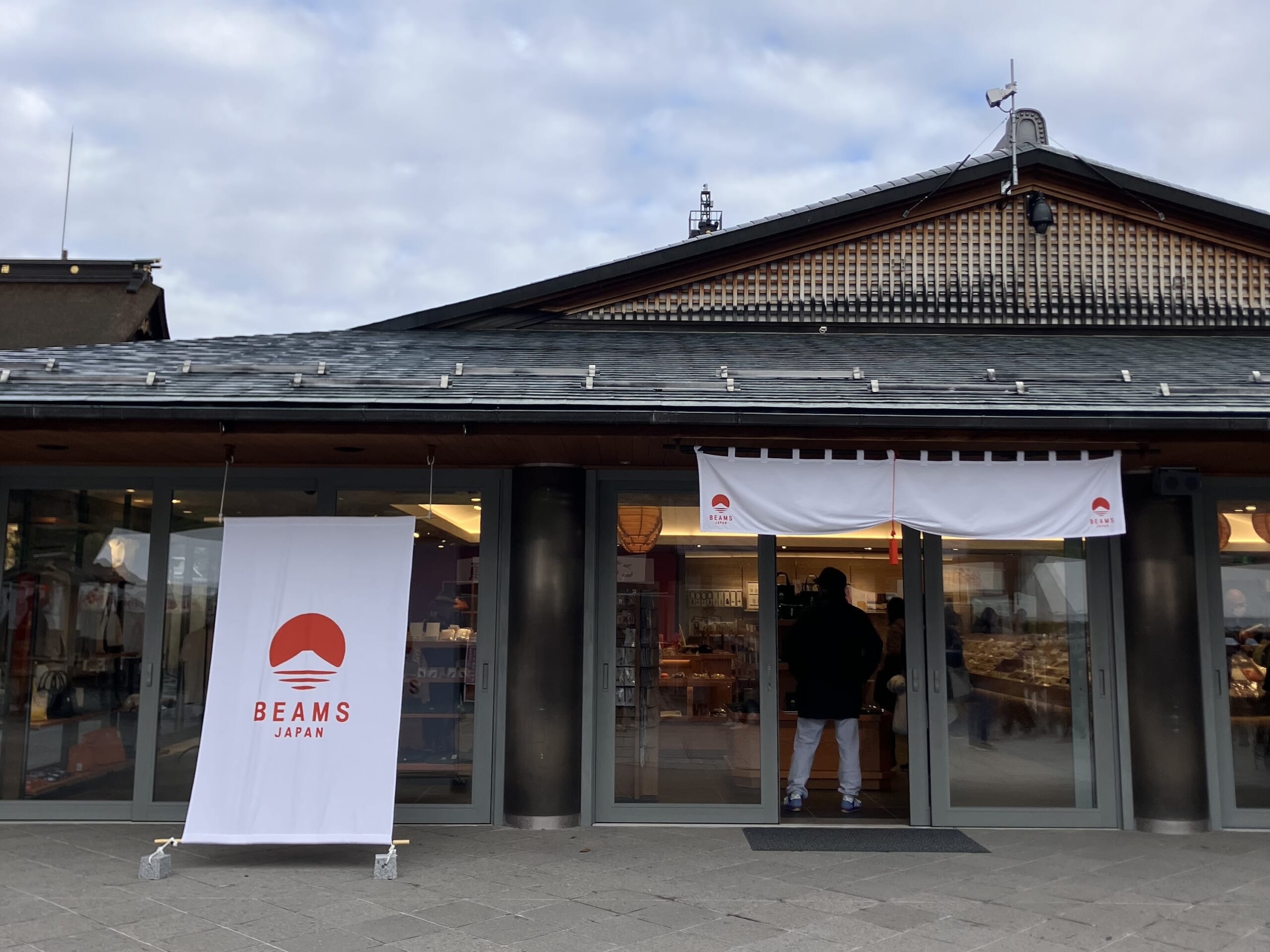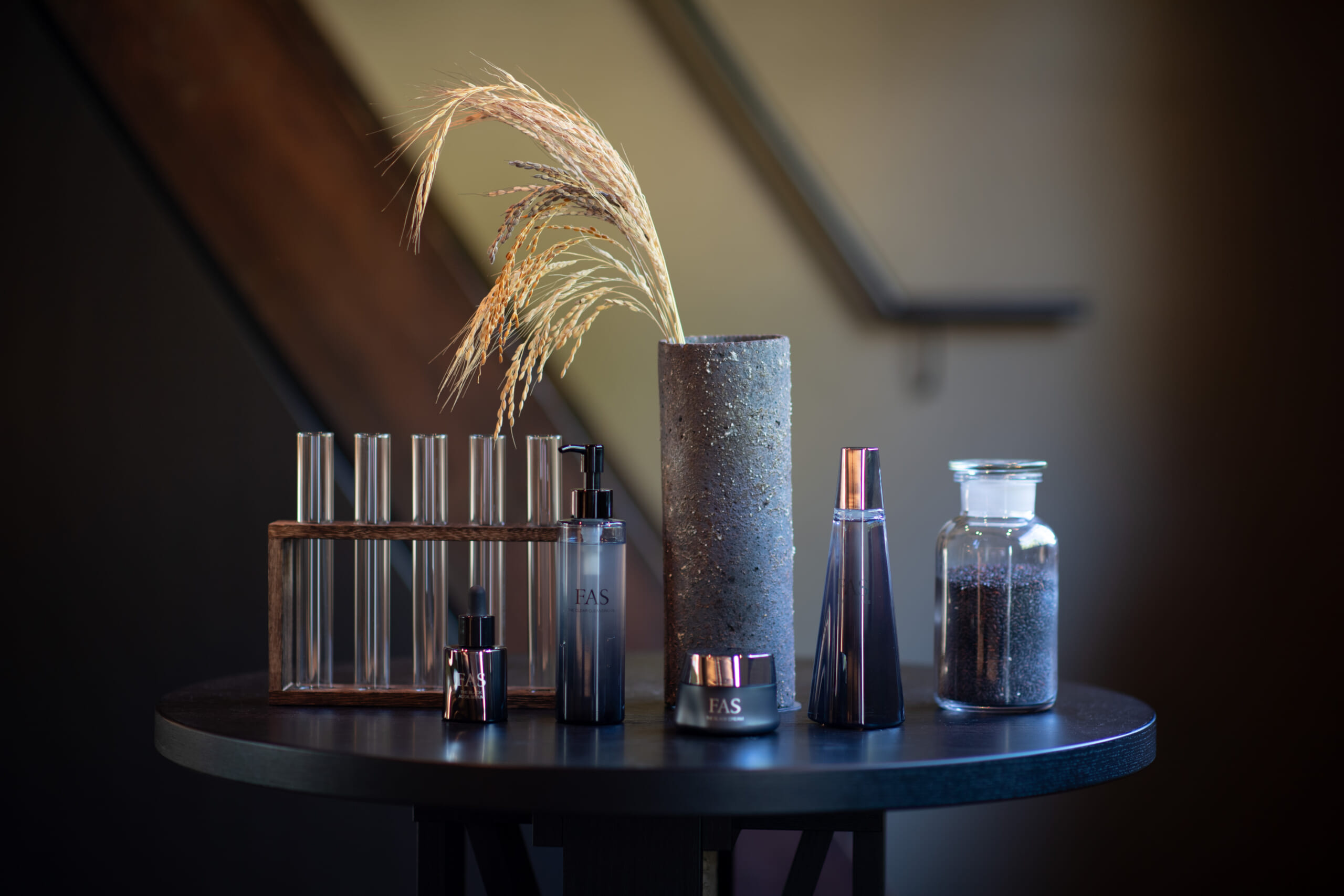
Product Development Leveraging “Unique Technology and Untapped Resources × Design” A new business strategy for bringing Japan’s four seasons to the world.
TRINUS Co., Ltd., whose name means “trinity” in Latin, is a D2C brand with the mission of “bringing valuable resources to modern life.” By connecting three elements—unique Japanese technologies and untapped resources, design, and end-users—the company has consistently created new value. Among their standout products, the “Flower Colored Pencils” released in 2017 garnered acclaim for their design and originality, becoming a hit both in Japan and abroad. While continuing to develop various products, TRINUS aims to establish its unique brand identity. What have they gained from their business journey so far? And what is their new strategy for bringing “Japan’s four seasons” to the world? These endeavors offer many valuable insights and know-how.
Chapter.01 The Business Foundation: Combining “Unique Technology (Resources) and Design”
The Business Foundation: Combining “Unique Technology (Resources) and Design”
Maya Sato, CEO of TRINUS, joined a major securities firm after graduating from university. After handling IPO operations for venture companies, with an eye on future entrepreneurship, he joined a foreign consulting firm to learn business operations—a pivotal career shift. During a visit to a workplace supporting people with disabilities as part of CSR activities, he observed that while their woodwork, leather goods, and clothing showed outstanding technique, their lack of product planning (design) hindered their potential as marketable goods.
To address this, Sato organized an online competition to generate designs from a broader perspective outside the organization. Within a month, around 380 designs were submitted, and he supported their development into products (some were commercialized under the brand name “equalto”). This experience became the inspiration for his business, leading to the establishment of TRINUS in 2014.
The Flower Colored Pencils were created in 2016, inspired by ideas from an open-source web project themed around environmentally friendly materials, primarily waste paper. The pencils represent five iconic Japanese flowers in both shape and color- cherry blossoms, plum blossoms, dandelions, evergreens, and bellflowers. A notable feature is the pencil shavings that resemble real flower petals. Due to the complex shapes being difficult to produce with standard wooden pencil manufacturing, “extrusion molding” was employed, completing development after two years.
From the start, Sato believed that products should meet two prerequisites for entering overseas markets: easy exportability and universal usability—products that could be held in one hand, and used without electricity. The Flower Colored Pencils were undoubtedly the top idea from the competition but faced many challenges before completion. After being featured in PR magazines, they gained significant attention, leading to media coverage in newspapers, TV, and radio, and eventually receiving international orders.
In Japan, they gained popularity as beautiful gifts for friends and children, and as souvenirs purchased by foreign visitors. Selling over 40,000 units within the first year of release, their high design quality and eco-friendly manufacturing process, which minimized material waste, earned them numerous awards, including the internationally prestigious iF Design Award 2019 (Product-Office category), the Japan Stationery Award 2019, and the JIDA Design Museum Selection. They were also showcased in museum stores in New York, select shops, and renowned department stores in France. The Flower Colored Pencils epitomize Sato’s vision of discovering and sharing Japanese value with the world through the fusion of unique technology and design.

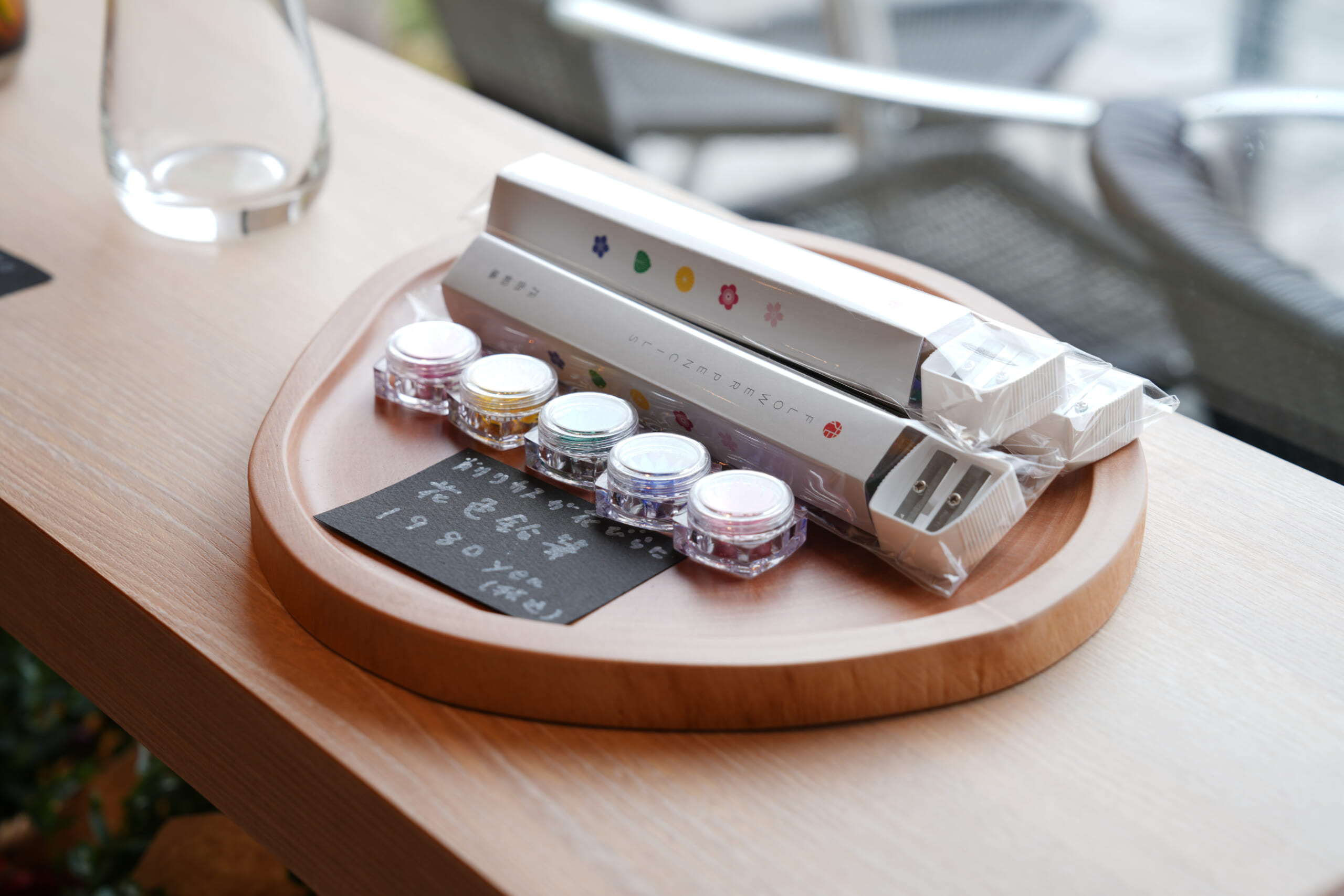
Chapter.02 Discovering Diverse Needs and Challenges Through Overseas Exhibitions with JETRO
“I didn’t want the success of the Flower Colored Pencils to be a one-off,” Sato remarked. Thus, he developed related products, such as postcards that allow users to create their own art using flower petal pencil shavings. Simultaneously, he launched new products, including Plant Jewel (jewelry for plants) and Flerco Note (notebooks showing the skin textures of endangered species through special Japanese printing techniques). The Flerco Note won the Design Excellence Award in the Design Category at the 31st Japan Stationery Awards. For overseas expansion, TRINUS also undertook various initiatives. Through overseas exhibitions facilitated by JETRO (Japan External Trade Organization), the company gained insights from user feedback, challenges, and ideas for product development.
Sato noted, “Environmental awareness differs significantly overseas. For instance, while the Flower Colored Pencil packaging uses some clear plastic for the top and bottom lids, we received requests to improve this. Such feedback has been invaluable for expanding globally.”
The TRINUS business model—openly soliciting concepts, ideas and technologies, or personally discovering “hidden technologies and resources” through direct engagement—has proved effective in creating products.
Sato added, “While the Flower Colored Pencils became a hit, no imitations have emerged since. I realized that combining unique materials with designs that necessitate their use creates significant differentiation. Those involved in material development, technology, and design are like shipmates on the same journey toward product realization. It’s crucial for TRINUS, as the business entity, to take on risks responsibly.”
In today’s digital age, D2C marketing through web and social media is essential. By utilizing platforms like Instagram in both Japanese and English, TRINUS increased direct inquiries from overseas. The company shifted from selling on major shopping sites to using its own proprietary website for product sales, enabling direct connections with users, data analysis, and strategic initiatives to build its brand.
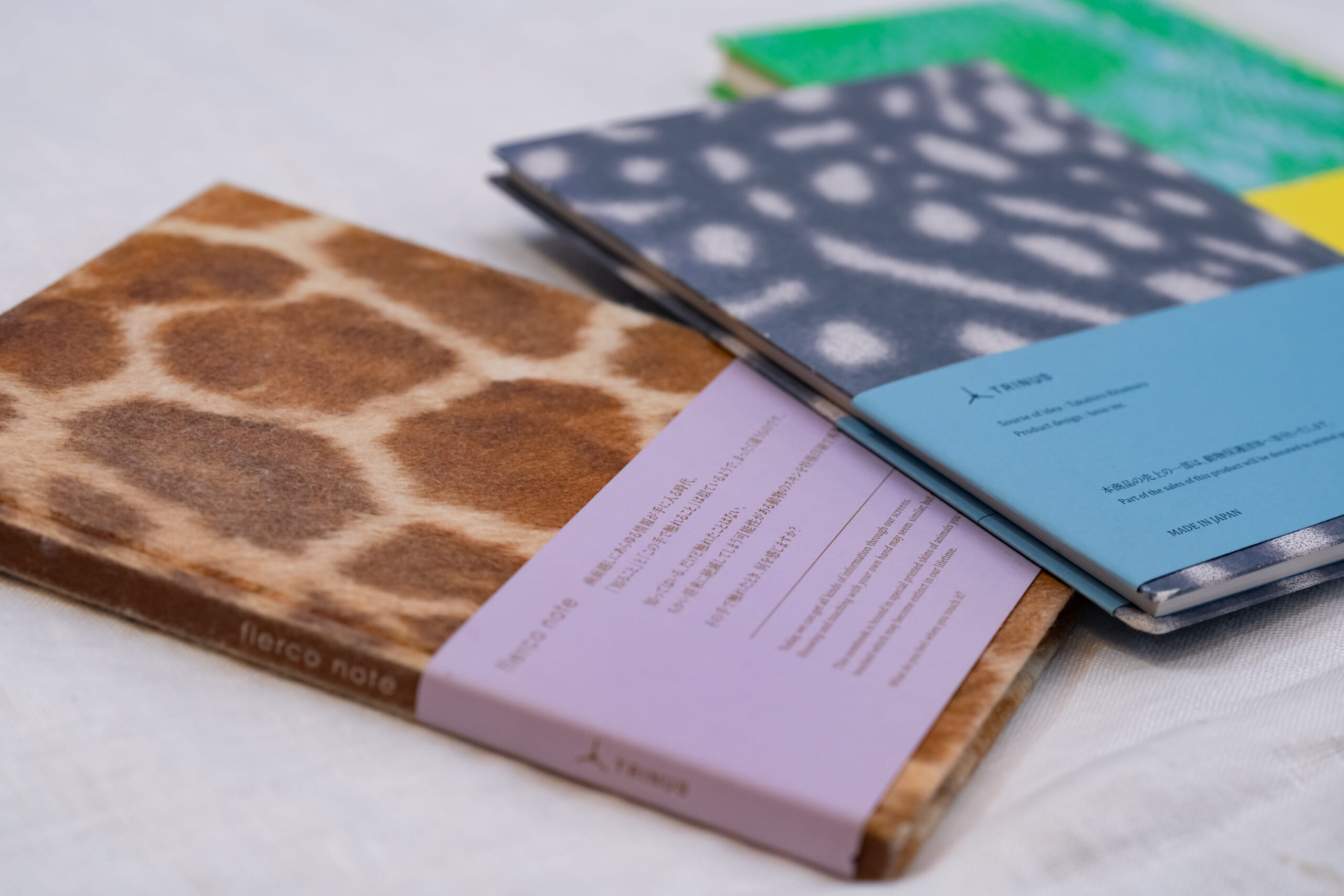
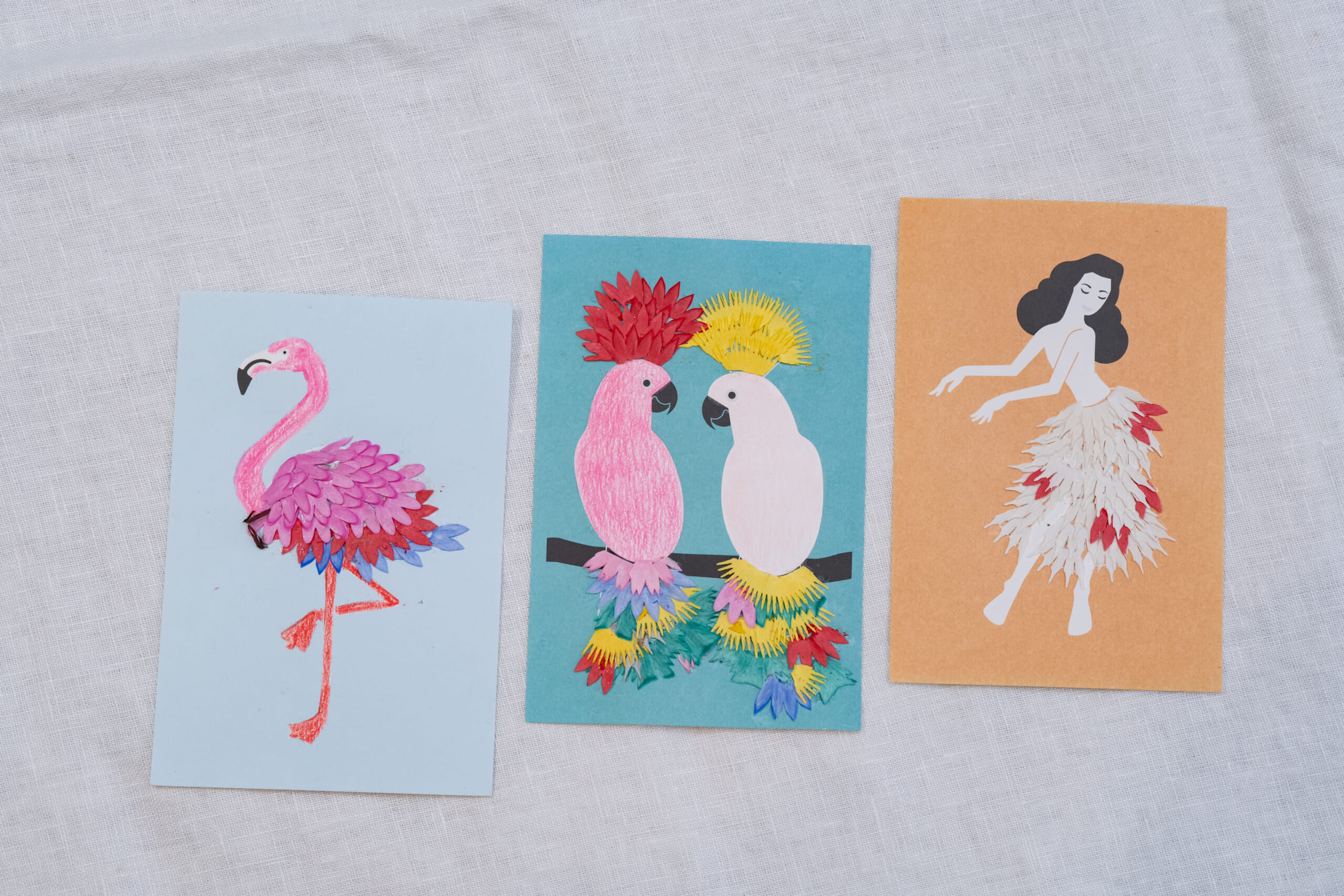
Chapter.03 Collaborations with Popular Flower Shops and the Development of ‘SiKiTO,’ a Brand That Brings Nature into Everyday Life
During a meeting with the nationwide-renowned Aoyama Flower Market, with whom TRINUS had a long-standing relationship, someone remarked, “There’s no vase suitable for the popular branches (plants with branches) sold here,” which sparked the creation of a new brand. Branches require large vases for balance, making them challenging to display indoors. Developing a product involved numerous trials and searching for manufactures both domestically and internationally. After nearly four, the EDA VASE was launched in 2021. It allows easy decoration with long branches, and sold out 300 units within a week, becoming an instant hit. However, customer feedback revealed challenges: “I bought the EDA VASE, but flower shops don’t sell large branches,” and “Transporting large branches home via train or bike is difficult.” Sato recognized that solving these challenges presented a new business opportunity, and he personally studied procurement at flower markets, established connections with producers, and launched the “Branch Subscription Service” in March 2022. Larger and longer-lasting than cut flowers, with seasonal variations offering diverse expressions, the service gained significant customer support and continues to grow today.
The “Branch Subscription Service” exemplifies a business model that addresses “sustainability” and “direct user connections,” previously unrealized with the Flower Colored Pencils. Centered on this service, TRINUS rebranded its online platform, launching “SiKiTO” with the concept of “a life with the four seasons.” In addition to previously developed products, the brand offers concept-aligned items and new creations, such as hand soaps and beverages. To share the allure of Japan’s four seasons across the globe, TRINUS plans to establish local offices and build supply chains, continuing Sato’s relentless pursuit of innovation.
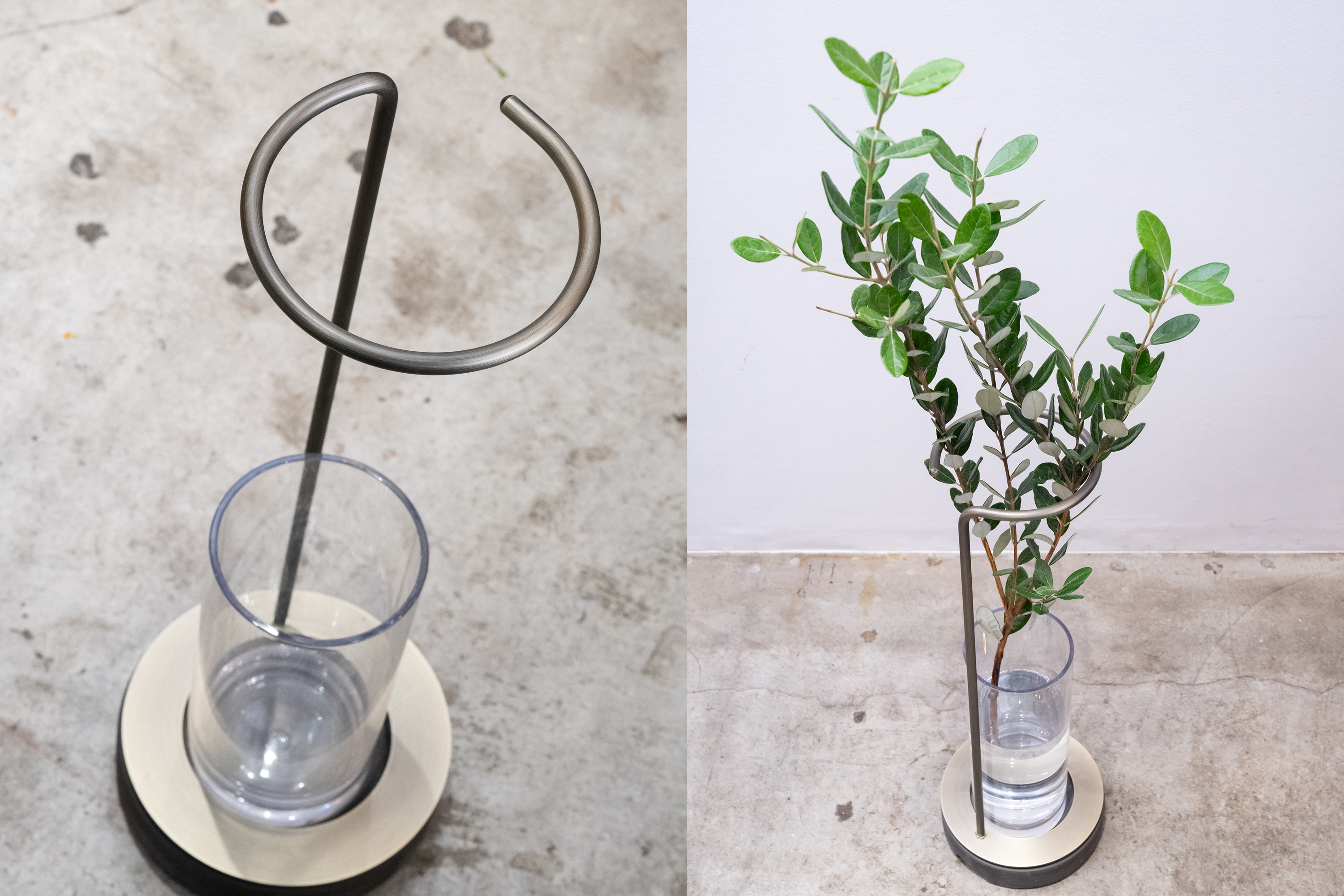
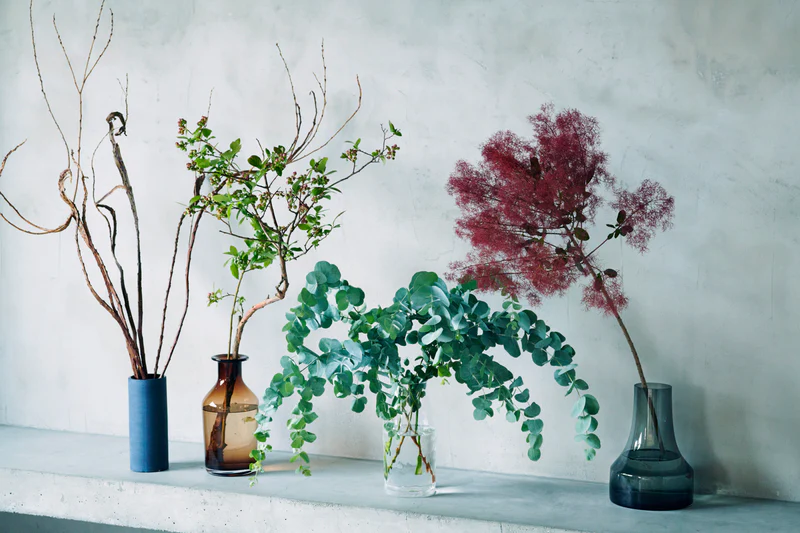
In September 2024, “SiKiTO CAFE” opened in Makuhari, Chiba Prefecture. The concept is “a cafe that cherishes the changing of the four seasons.” Their goal is to gain fans by offering a tangible experience of botanical branch aesthetics and to grow as a food and beverage business.
Sato explained, “Through experiences like the Flower Colored Pencils, we’ve gained many insights about strategies and systems essential for global expansion, and have established valuable connections with creators. While continuing to scale up the currently successful branches business, strengthening personnel, and refining structures, we aim for full-fledged overseas expansion.”
TRINUS continues to uncover and share Japan’s unique technologies, untapped resources, and appeal with the world. Its unparalleled business model holds potential for even greater attention and recognition in the future.
Written by Takahiro Miura
Interview Date: Nov. 6, 2024
The content of this article is as of the interview date.


